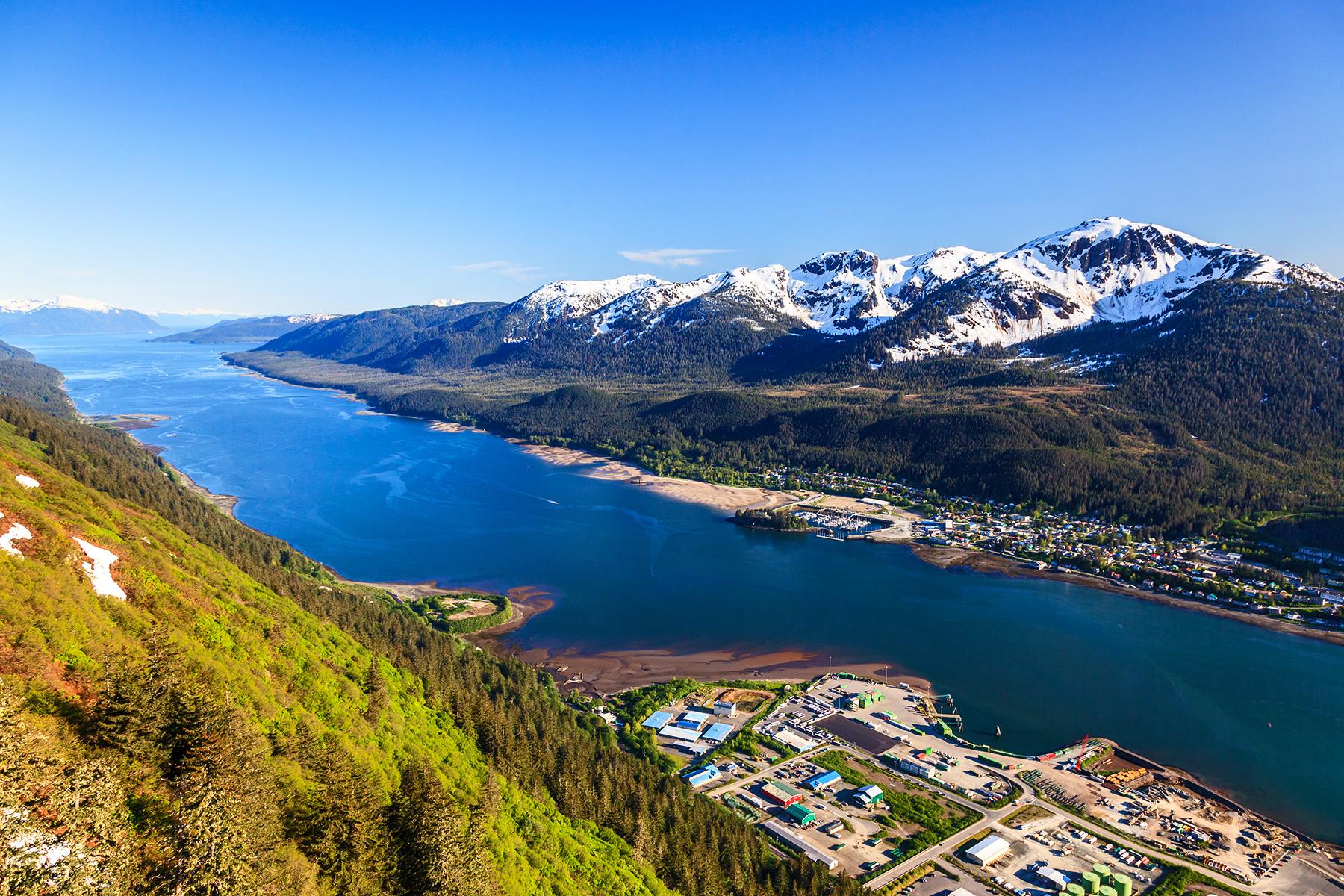Across the United States, the coronavirus has pushed employees from traditional office spaces and into remote work.
Considering that, right now, roughly 42% of American workers are working from home and the situation may be a reality for the next several months (or even years), a growing number of countries are asking workers: if you can work anywhere, why not here? Already the governments of Barbados, Bermuda, Croatia, Estonia, Georgia, Portugal, and more have enacted visa programs that can change the definition of home.
From the romantic cobblestone streets of the Czech Republic to the vineyards of Portugal to the beaches of Barbados, there’s a lot to tempt workers into packing up their lives and buying a one-way ticket. Though these countries have made it easier than ever to be an ex-pat, there is still a myriad of hurdles associated with moving abroad, including language barriers, immigration bureaucracy, and necessary international insurance. And that’s all provided you meet the minimum monthly salary level and are undaunted by moving internationally during a pandemic.
Knowing that it’s easier to move within your own country of residence, various cities across the United States are making their pitch to laptop-toters. Tulsa, Topeka, and Savannah are trying to seduce remote workers, going as far as offering a financial incentive ($15,000, $10,000, and $2,000, respectively).
Recommended Fodor’s Video
One city, however, is hoping to beguile workers with just the beauty and bragging rights of its location: Alaska.
“We wanted to make sure that we were a part of the conversation,” said Emma Irish, the director of strategic initiatives at Anchorage Economic Development Committee (AEDC). “I think the appeal is, during these COVID times, you can leave your crowded city and come live in a place where you can have a backyard and mountains and endless trails and parks and wide-open spaces.”
In the last few weeks, the AEDC has been pushing to show workers that it’s the best of both worlds—it’s a locale that has cachet and excitement, but few hoops.
Recently the group has crafted a landing page to help detail the resources that Anchorage has to offer to remote workers. Topped with a banner that reads “Work anywhere, live here,” it spells out how to find the prerequisites for and information on flexible location work (like co-working spaces and housing partners), local professional organizations, coffee shops, and, probably most importantly, how to get the internet.
While the AEDC welcomes people in any field, it hopes to cajole those who want both unrivaled outdoor access and the amenities of a midsize American city (and perhaps aren’t put off by a long winter).
Anchorage is a short drive from vast, unspoiled wilderness. The nearby mountains are a beacon for hikers and powder chasers alike, while below the tree line, there are opportunities for fishing, hunting, and over 250 running, biking, and cross country ski trails that connect Anchorage’s 223 municipal parks. And Anchorage, despite being far-flung, has most of the conveniences of like-sized locales, like craft breweries, award-winning eateries, and shopping.
Though Alaska is notoriously expensive (everything needs to be shipped or barged up from the Lower 48, making the price of groceries and gas considerably higher than the national average), Irish thinks the program will be particularly interesting for those coming from densely-packed cities.
“We know that Anchorage could be competitive for people who live in those areas,” Irish said. “They can live a really full lifestyle here.”
In the Bay Area, for example, the average wage is over $40 an hour, but the median price of a home is over $1 million. But that hourly rate has a lot more buying power in Anchorage, where the average house is $350,000.
Another added bonus: there is no income tax in Alaska, and Anchorage doesn’t have sales tax.
Even though the initiative was launched in response to hunker-down orders, Irish said she hopes those who do make the move will consider staying until when the new normal becomes a thing of the past (something that the countries with visa programs aren’t offering at this time).
“We benefit from these workers’ skill sets, knowledge, and perspective in our community,” Irish said, adding that their presence makes Anchorage an even better place to live.



